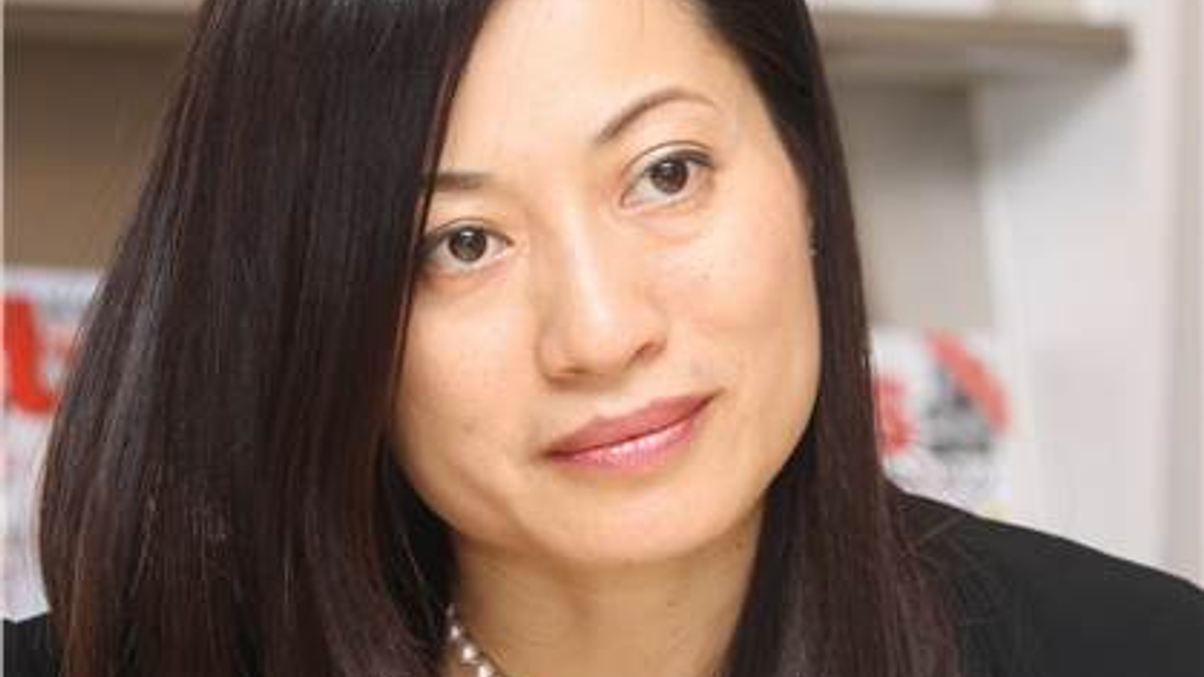Global managers need local teams: Hang Seng
On-the-ground after-sales support is a core criterion of Hang Seng Bank’s fund-selection process, as outlined by Rosita Lee, head of investment products and advisory.

Global fund houses seeking to sell products in Hong Kong must make strong commitment to local resources and provide sufficient after-sales support, said the head gatekeeper at Hong Kong's Hang Seng Bank.
Sign in to read on!
Registered users get 2 free articles in 30 days.
Subscribers have full unlimited access to AsianInvestor
Not signed up? New users get 2 free articles per month, plus a 7-day unlimited free trial.
¬ Haymarket Media Limited. All rights reserved.


